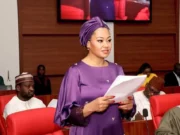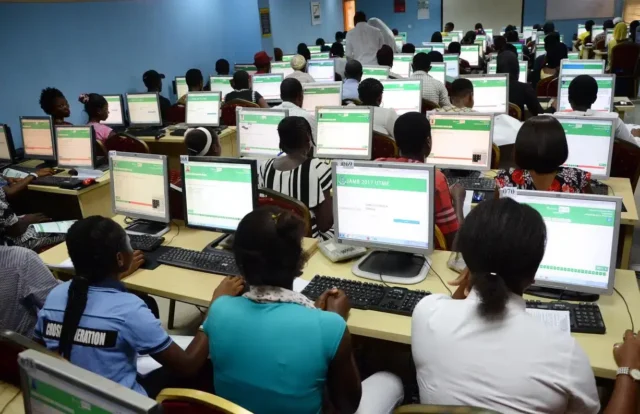The Vice Chancellors of all Nigerian universities will this Thursday be sitting down to address the enormous level of failure recorded in the recent 2024 UTME results. The meeting is most probably going to focus on what happened, how to respond, and what it means for admissions at the varsity level.
The Joint Admissions and Matriculation Board (JAMB) had earlier on lamented the underperformance of candidates. The majority of the students scored far below the cutoff points, with fears of reduced admission rates in public universities this year.
JAMB revealed that a limited percentage of over 1.9 million candidates who registered scored 200 and more out of 400. Parents, school owners, and students have complained about the outcome, questioning whether the exam was free or if the students were adequately prepared.
Flashback:
This is not the first that UTME performance has generated public alarm. So also in 2022 did a similar trend of poor performance trigger universal demand for educational change. Again at that time, JAMB attributed the poor performance to inadequate preparation and exam irregularities. Nevertheless, even on that occasion, much the same issues have come back to trouble us in 2024.
At the Thursday meeting, Vice Chancellors will discuss splitting results by region, school type (public or private) and performance by subject. They will be asked to suggest possible solutions, such as reducing cut-off marks for some departments or providing remedial courses for borderline students.
JAMB stated that it would maintain a fair and transparent exercise of admission but added that standards will not be sacrificed. The board wants to balance maintaining academic quality with opening up opportunities to more candidates.
Education stakeholders have gone further to advocate for additional reform in the secondary school system. They believe that poor performance is not just a JAMB issue but reflects on poor teaching, outdated curriculum, and lack of student motivation within the secondary schools.
Parents also demand more guidance and counseling to students, especially public school students. According to most, the students are not being counseled on what to expect during the UTME and how they should prepare as a result.
In short, the fate of most of the UTME candidates could be decided by the impending Vice Chancellors’ meeting. While solutions are being contemplated, the collective failure has once again thrown light on the status of education in Nigeria.





























